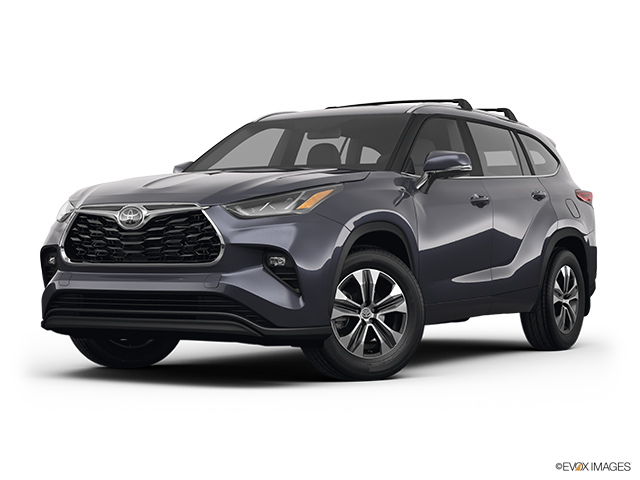Article content
Toyota has made a breakthrough in its research into solid-state batteries that could soon allow its electric vehicles (EVs) to fast-charge from 10-per-cent capacity to 80 per cent in about 10 minutes or less, the Japanese automaker announced June 13, in sync with its annual shareholder meeting. While the tech is still under development, Toyota says it’s hoping to commercialize the batteries some time in the 2027 to 2028 range, part of a new push to focus on expanding its EV offerings.
Solid-state batteries, besides allowing for faster charging, may also make for EVs with even better range; Toyota says it thinks it may be able to wring 1,200 km (746 miles) out of a pack of solid-state cells, and that it’s not impossible for the technology to net 1,500 km (932 miles) per charger, though both numbers were calculated using China’s super-optimistic CLTC driving cycle, and Green Car Reports suggests an EPA-estimated equivalent would work out to “well over 500 miles” (800 km).
Article content

While Toyota had at one point suggested its first solid-state batteries would bow in a hybridized vehicle application, it’s unclear if that’s still the automaker’s plan. What is in the works are next-gen “performance” and “popularization” versions of its current batteries, based on bipolar LFP (lithium iron phosphate) and NCM (nickel cobalt manganese) construction; these are expected to launch in 2026 and 2027, should allow for improvements in EV range of roughly 20 per cent, and should be able to fast-charge from 10 per cent to 80 per cent capacity in about 20 minutes.
Mid-June also saw ambitious fast-charging announcements from British start-up Nyobolt, which for the first time has incorporated its battery tech into a prototype EV (pictured at the top of this article) based on the first-generation Lotus Elise sports car—and styled by that car’s designer, Julian Thomson.
Article content
The Nyobolt EV concept will apparently be able to fully recharge its entire 250-km range in six minutes or less, the company says, though exactly how the tech works is not clear, Nyobolt mostly explaining it takes a “systems-level” approach to battery solutions, “pioneering new materials, cell designs, efficient software control, and power electronics.”
The car – assembled by design firm Callum, which is run by renowned designer Ian Callum, it’s longer, lower, and wider than the classic Elise it resembles – uses a 35-kilowatt-hour pack, though Nyobolt says its technology is completely scalable. The ultra-fast-charging also apparently doesn’t wear down the battery at all, with testing via 2,000 fast-charge cycles showing no “significant performance loss.”
We’re keeping an eye on these incredible claims from Nyobolt and its “ready-to-deploy technology,” which it says will enter production in early 2024; as well as on the admittedly less ambitious but still fantastic improvements Toyota says are in store for future EV batteries. It seems like we shouldn’t have to wait long, in any case, for EVs to take their next big steps when it comes to range and charging.
Stay connected with us on social media platform for instant update click here to join our Twitter, & Facebook
We are now on Telegram. Click here to join our channel (@TechiUpdate) and stay updated with the latest Technology headlines.
For all the latest Automobiles News Click Here





